Hello and happy Saturday. I hope you had a festive yet restful holiday break. We slowed things down a bit here at The Dispatch, and I had some quality family time here in the Ohio bureau. The highlight for me was the chance to indulge in a longtime family tradition: enjoying a New Year’s dinner of pork and sauerkraut while watching Ohio State in the Rose Bowl. Back when I was a kid, the game featured the Big Ten and Pac-10 champions and was billed as the “Grandaddy of Them All,” but this year the game served as a quarterfinal in the new world of college football’s 12-team playoff. In a fun coincidence, though, my Buckeyes faced the undefeated and top-ranked Oregon Ducks, a team that spent decades in the Pac-10 until joining OSU in the Big Ten this year (long story). I call it a fun coincidence mostly because the Buckeyes won in impressive fashion.
Typically the time between Christmas and New Year’s Day marks a lull in the news business. There’s a reason your favorite publications are heavy on year-in-review analyses, top-10 listicles, and person-of-the-year accolades: Those pieces are prepped well in advance so staffers can enjoy the holidays. But it’s been a while since we’ve had a typical year, and 2025 is shaping up to be no different.
In the days since Christmas, former President Jimmy Carter passed away, an American-born radicalized ISIS sympathizer killed 14 people celebrating New Year’s Eve on Bourbon Street in New Orleans, and Rep. Mike Johnson narrowly won the speaker’s gavel in the House of Representatives. Two days from now, we’ll mark the fourth anniversary of the January 6 riot at the Capitol as we watch Congress certify Donald Trump’s Electoral College victory.
Carter’s passing Sunday at the age of 100 prompted a wide range of reflections on his legacy, unsurprising given his legacy. His presidency is remembered mostly for the poor state of the U.S. economy and the 1970s energy crisis—his most famous speech is widely billed as the “malaise” speech, even though he never uttered those words. But he’s also remembered fondly by many for the humanitarian works of his post-presidency, including building homes for Habitat for Humanity and his campaign to eradicate guinea worm disease.
Here at The Dispatch, Thomas Kidd looked back at how Carter changed the way Americans viewed a president’s faith by speaking openly of his own Christian beliefs. Yet he “never captured the hearts of white evangelicals the way Republican presidents have since Ronald Reagan in 1980,” Kidd wrote. “That Carter failed to do so is one of his most perplexing legacies.”
In his remembrance, Kevin D. Williamson lets Carter off the hook for some of the travails of his presidency, writing, “Presidents do not dictate world events, and they do not have a magical steering wheel attached to the economy,” but he also notes that Carter was inconsistent and shifted blame toward others for his own failures. And worst of all?
He was an admirer of the cruel and the power-hungry and the vicious: He praised and coddled Yasser Arafat, pronounced himself “fond” of the monstrous Fidel Castro, affirmed that he “never doubted Hugo Chávez’s commitment to improving the lives of millions of his fellow countrymen.” These were not simply bad politicians, but tyrants and murderers and torturers—and Carter loved them all.”
We woke up on Wednesday to the news that a man had intentionally driven a truck through a crowd of people celebrating New Year’s Eve on Bourbon Street in New Orleans and then died in a firefight with police officers. After initially denying that the incident was an act of terrorism, the FBI said it was indeed terrorism and identified the assailant as Shamsud-Din Jabbar, a Texas native who’d been recently radicalized and who’d pledged allegiance to ISIS before carrying out his attack, which killed 14 and injured more than 30. As we noted in The Morning Dispatch:
ISIS-inspired attacks have been rare in the United States since the fall of the terrorist group’s caliphate in 2019. But a lone-wolf attack, while not suggesting the presence of a cell, is not reassuring. “It may be counterintuitive, but I’d argue that a lone wolf is far more worrisome and dangerous for US counterterrorism officials, as it is so much harder for both law enforcement and the intelligence community to penetrate the operation itself,” said Marc Polymeropoulos, a nonresident senior fellow at the Atlantic Council’s Scowcroft Center for Strategy and Security. “This is exacerbated further if the attacker self-radicalized, receiving inspiration and guidance virtually from ISIS propaganda, for example.”
In Boiling Frogs, Nick Catoggio wrote that the terror attack highlights that President-elect Donald Trump’s nominees to key national security positions have little experience with—or even interest in—national security. Referring to Kash Patel (FBI director), Tulsi Gabbard (director of national intelligence), Pam Bondi (attorney general), and Kristi Noem (homeland security secretary), Nick notes that Trump’s nominees are “terrible selections if your priority is protecting Americans from dangerous threats, but they’re exemplary if your priority is co-opting the federal bureaucracy to harass your political enemies and to carry out an authoritarian’s wishes, lawful or not. Nationalist security, not national security, is Trump’s utmost ambition for his second term and he’s staffing up accordingly.”
We’ll have more on this important story and coverage of Rep. Mike Johnson’s reelection as speaker next week. Thanks for reading, and enjoy the rest of your weekend.
When Andrew Jackson won the 1828 presidential election, his victory also set into motion a political shift that would result in a party built to oppose a demagogue: the Whigs. In the wake of Donald Trump’s return to power, today’s Democrats would do well to study the Whigs’ rise, with both their successes and stumbles. The parallel is inexact, as historical analogues always are. Jackson’s victory was more emphatic, with him winning 68 percent of the Electoral College vote compared to Trump’s 58 percent and more than 55 percent of the popular vote compared to Trump’s roughly 50 percent. The 1828 election was early in the history of our republic, when political parties were more in flux than they are now.
For a party so united and ready to take total control in Washington, Republicans sure have a lot of divisions. In the House of Representatives, there are the Freedom Caucus hardliners versus the pragmatic, moderate conservatives. In the Senate, you’ve got the institutionalists versus the disruptors. And across the Trump administration, there will be ideologues on various sides of questions from military intervention to fiscal priorities to the engines of economic prosperity. In a demonstration of how the holidays can bring out the worst festering conflicts within a family, the flap in MAGA world last week over immigration exposed just one of these splits.
My late sister-in-law Paulie coined a term I’ve used since I first heard it 20 years ago: “vaguely Canadian.” It was her observation that whenever you get, say, cold cuts or fast food in Canada, it just tastes slightly off or not quite right. It didn’t take long for the Fair Jessica to start describing American things that tasted off, wrong, or iffy “vaguely Canadian.” Since then, I’ve done a lot of writing about and some travel in Canada. I can even sense, right now, that I am nearer than normal to Canada here in northern Wisconsin. Like the scrotal-constricting north wind coming off the water, there’s a vaguely Canadian vibe washing down upon me. It’s sort of like that tingly sensation you imagine you feel when standing too close to the microwave. Your brain says, “It’s probably fine,” but your gut asks, “Where did I put my tinfoil codpiece?”
And here’s the best of the rest:
The president-elect has a chance to revamp a decaying institution.
Universities have started to adopt institutional neutrality—and recognize they aren’t invincible.
What’s the downside?
Why an activist fad has led to an overrated policy.
No more nostalgia!

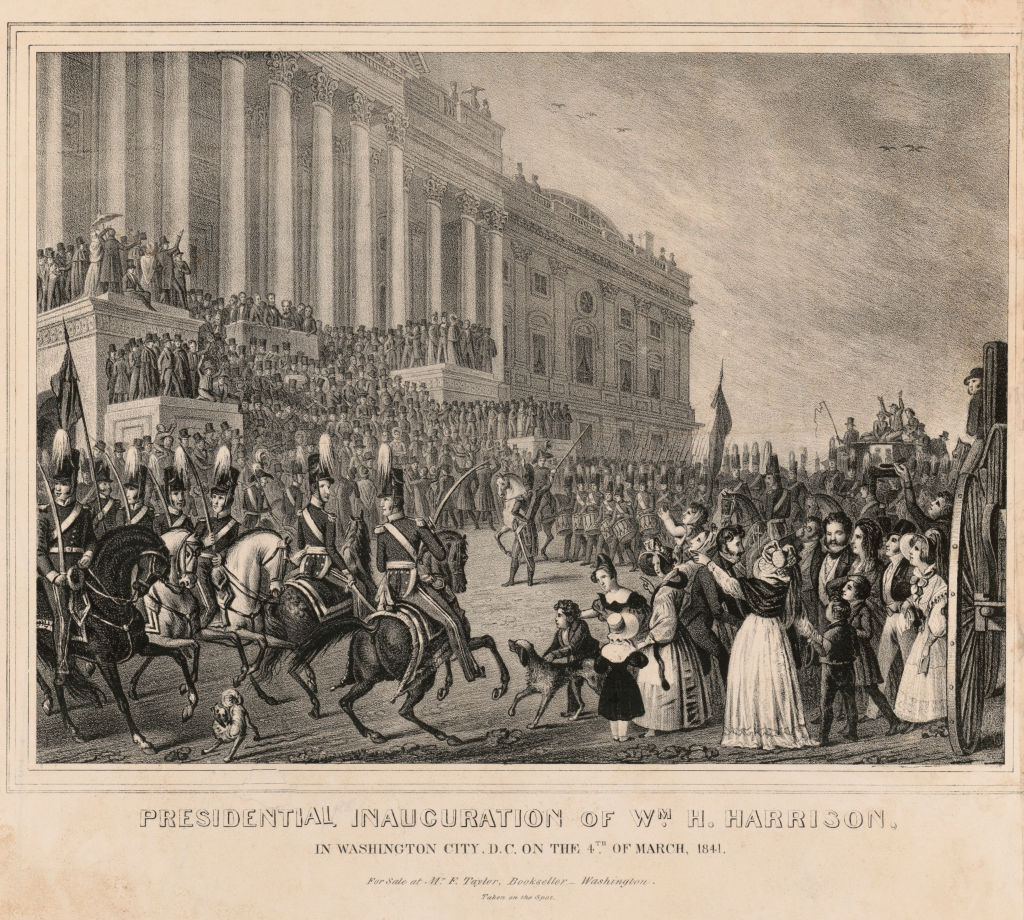


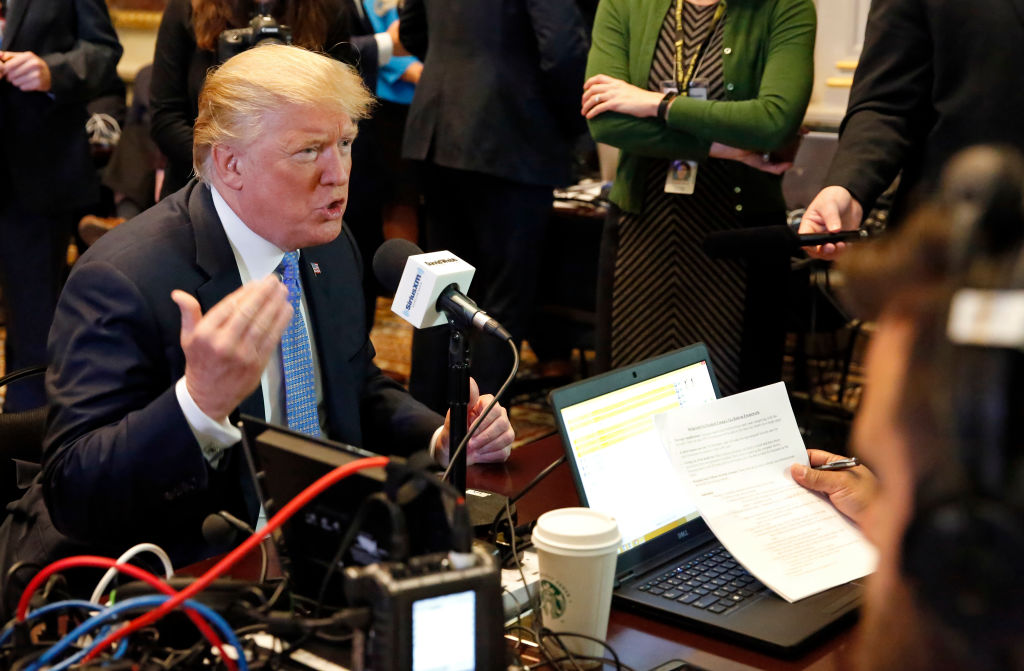

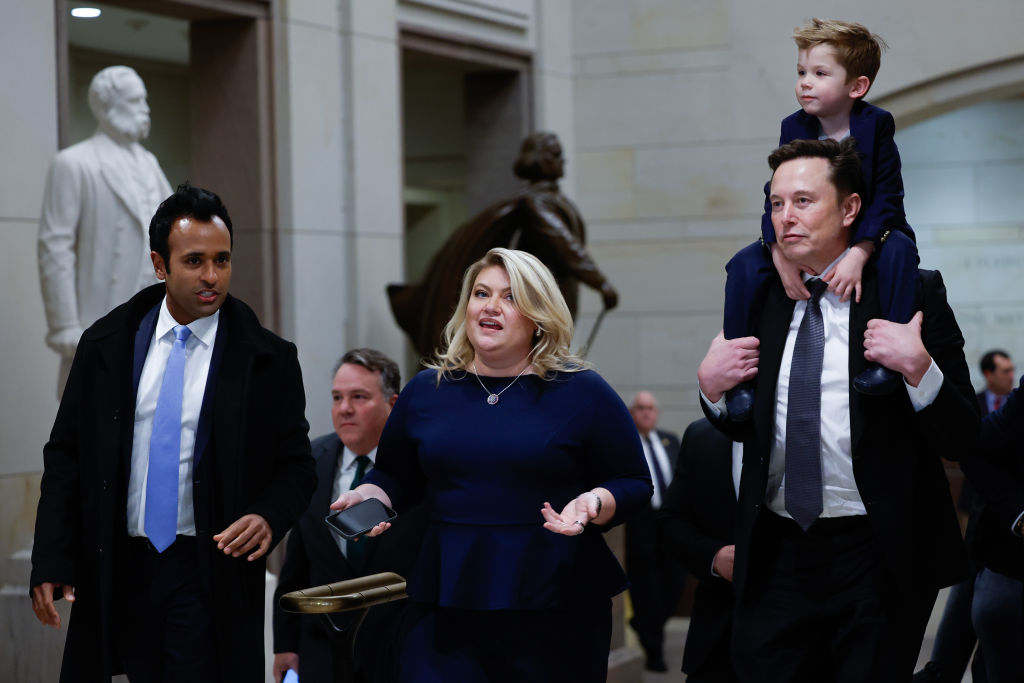




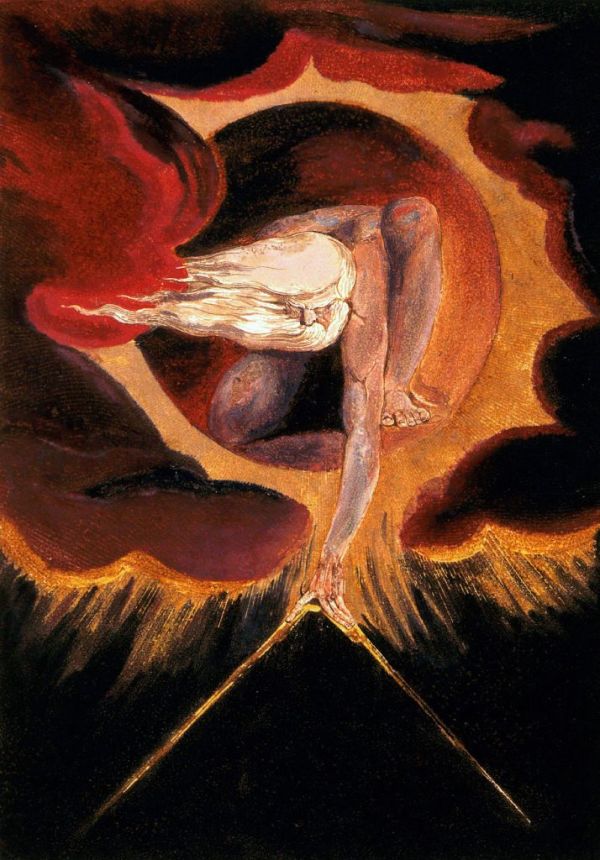


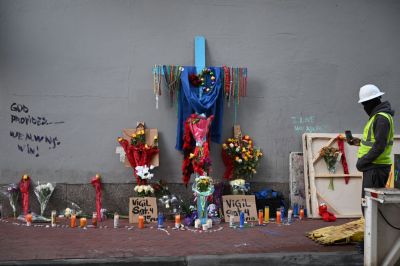
Please note that we at The Dispatch hold ourselves, our work, and our commenters to a higher standard than other places on the internet. We welcome comments that foster genuine debate or discussion—including comments critical of us or our work—but responses that include ad hominem attacks on fellow Dispatch members or are intended to stoke fear and anger may be moderated.
With your membership, you only have the ability to comment on The Morning Dispatch articles. Consider upgrading to join the conversation everywhere.